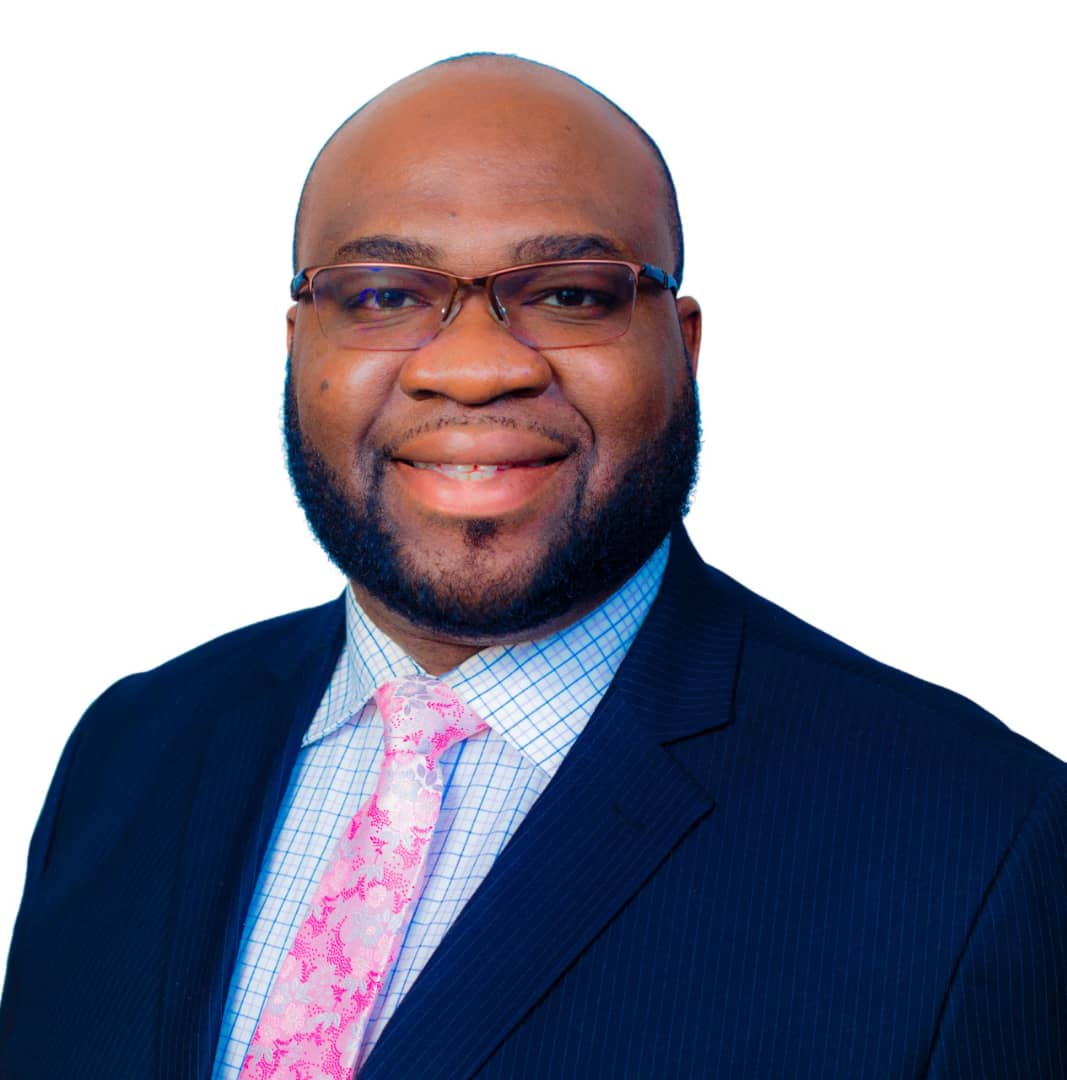DR. WISDOM ENANG HIGHLIGHTS LESSONS IN INDONESIA’S FUEL SUBSIDY PHASEOUT FOR NIGERIA
 Conscious of the economic and social hardships sparked by the removal of fuel subsidy, and the resultant economic shock effect on Nigerians, especially the vulnerable population, a globally respected oil and gas consultant, Engr. Dr. Wisdom Patrick Enang opines that to navigate this complex transition, Nigeria would benefit from studying Indonesia’s experience, a country that successfully managed a similar major energy policy shift, and reaped substantial economic rewards.
Conscious of the economic and social hardships sparked by the removal of fuel subsidy, and the resultant economic shock effect on Nigerians, especially the vulnerable population, a globally respected oil and gas consultant, Engr. Dr. Wisdom Patrick Enang opines that to navigate this complex transition, Nigeria would benefit from studying Indonesia’s experience, a country that successfully managed a similar major energy policy shift, and reaped substantial economic rewards.
The shrewd energy expert dropped the hint on Friday, October 4, while speaking with reporters in Uyo, the Akwa Ibom State capital.
He explained that Indonesia's approach to removing fuel subsidy provides a compelling case study for Nigeria.
According to the astute scholar of no mean repute, the South Asian nation, home to over 250 million people grappled with its own fuel subsidy dilemma for decades, with initial removal attempts dating back to 1998.
Indonesia finally began dismantling most of its gasoline and diesel subsidies in 2015. This decision was not implemented as sudden shock, but through a phased approach designed to allow for the effective mitigation of the resultant inflationary effect expected with such policies.
The multiple excellence award winner further averred in contrast, that Nigeria's abrupt subsidy removal in May 2023 was met with significant challenges, as its immediate effect was the dramatic tripling of fuel prices, which exacerbated inflationary pressures and deteriorated living conditions for many Nigerians.
The Fellow of both the Nigerian Society of Engineers (FNSE) and the Nigerian Institution of Safety Engineers (FNISafetyE) further maintained that Indonesia's method of gradual subsidy removal, coupled with targeted social safety nets for its vulnerable population, managed to cushion inflationary pressures on the economy.
This approach, he said, helped stabilize social conditions despite initial unrest and price increases.
Contextualizing further, the economic egghead harped on the World Bank report which showed that Indonesia's GDP (Gross Domestic Product), which stood at $860.9 billion in 2015, has since surged to $1.37 trillion in less than a decade. He further noted that the World Bank projects an annual GDP growth rate of 5.1% for Indonesia between 2024 and 2026.
This impressive GDP growth underscores the success of Indonesia's energy reforms, which not only improved economic stability but also bolstered infrastructure resilience and energy availability.
The Akwa Ibom born, UK trained chartered engineer also noted that Nigeria’s economic transition, while aiming to replicate Indonesia's success, has so far faced hurdles in ensuring energy security and managing price volatility.
The Nigerian situation reveals the complexities involved in balancing economic reforms with social stability, as subsidy removal has led to significant concerns about energy affordability and price volatility.
These issues, he stressed, highlights the need for a carefully managed approach to implementing such reforms, with particular emphasis on creating mechanisms that protect the most vulnerable population.
Indonesia's successful energy reform experience provides valuable lessons for Nigeria. Key factors in Indonesia's success included: a robust domestic refining value-chain; essential infrastructure for transportation and logistics; and well-designed complementary policies to mitigate the social costs of fuel subsidy removal.
Known for his massive and sustained advocacy for the adoption of a value-driven approach to leadership and governance, Dr. Enang opined that adopting a similar phased approach like Indonesia could help attenuate the transition economic shocks and social costs of fuel subsidy removal that Nigeria is currently experiencing.
Borrowing a leaf from Indonesia's success, Nigeria must address several critical areas like investment in infrastructure which is crucial to support stable energy supply and distribution.
Additionally, Dr. Enang suggested the establishment of targeted multi-sectorial social safety nets by the federal and state governments, to protect low-income households from the adverse effects of price increases.
By drawing on the lessons from Indonesia's experience, Nigeria can better navigate the social costs and complexities associated fuel subsidy removal.
The renowned public affairs analyst further explained that the goal was not only to achieve economic diversification and sustainability, but to also ensure that the benefits of these reforms are equitably distributed.
As Nigeria moves forward, adopting a well-rounded and phased approach towards the implementation of reforms which are complemented by targeted policies and infrastructure improvements will be key to achieving long-term economic success and stability.

Senator Ekong Sampson begins training on mining business, other capacity building...

Akwa Ibom State becomes the highest petroleum-bearing state in Nigeria in 1990...
